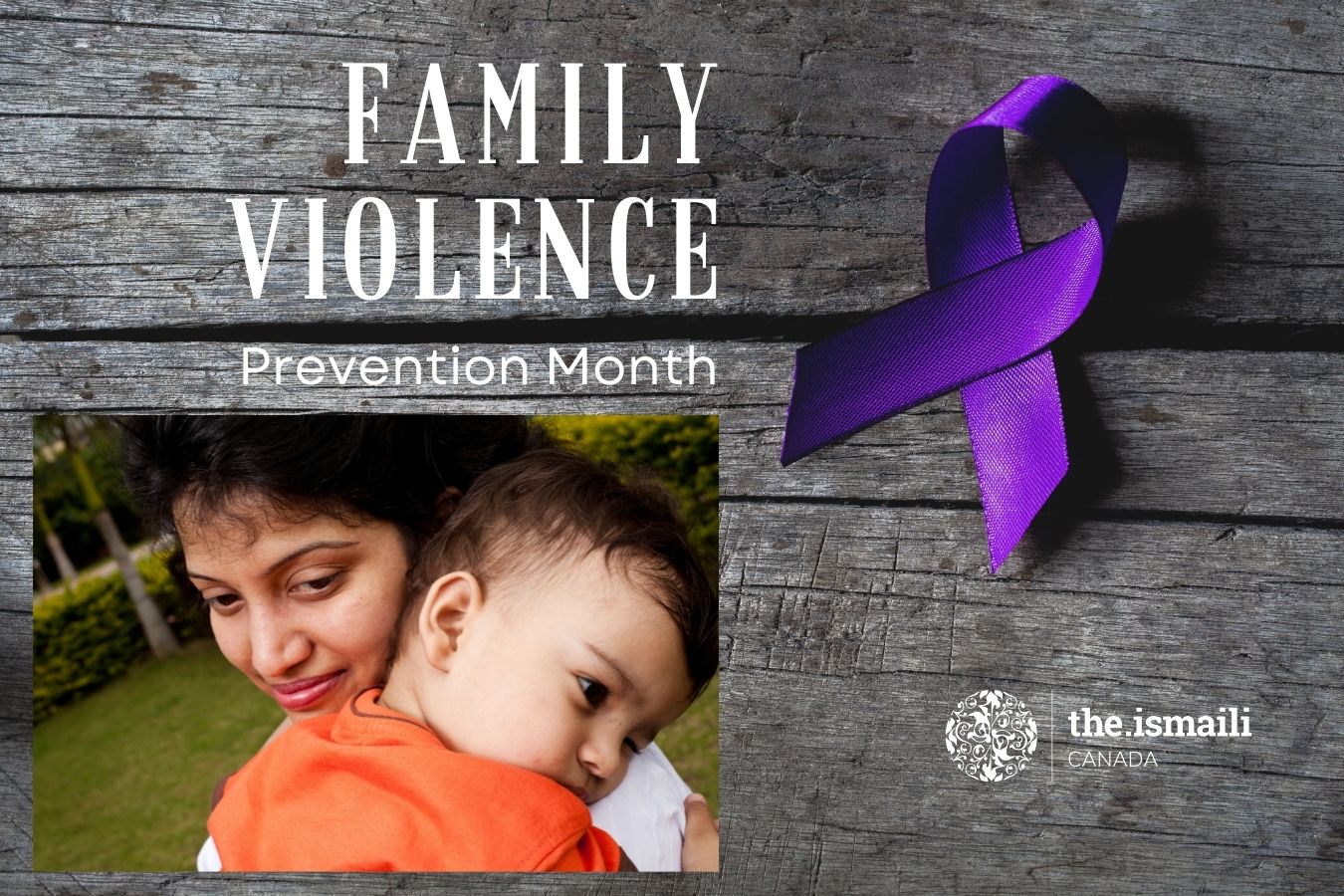
Meet Salim, 37, and Nasim, 35, who have two children: Jayden, 7, and Sarah, 5. Salim and Nasim were always arguing, but it elevated during COVID-19 as they were both working from home. Both Salim and Nasim agreed that separation was best, but they still argued over a visitation schedule and decisions relating to Jayden and Sarah.
Jayden’s teacher noticed he was being disruptive at school, while Sarah’s teacher noticed she was being very quiet. Both teachers talked to their parents, who had not realized the impact on their children.
A friend of Salim’s suggested that he try mediation to obtain a secure visitation schedule with his children, as the court process could be very costly. Nasim also agreed to mediation since the conflict was impacting her children.
The Conciliation and Arbitration Board (CAB) was established by Mawlana Hazar Imam based on the ethics of Islam, including tolerance, compassion, honesty, and integrity. CAB provides free mediation services to help the Jamat resolve disputes.
CAB mediators receive extensive training throughout their term. The CAB process is completely voluntary – all parties mutually agree to come to the table to resolve their dispute. Our Imam has repeatedly asked that the Jamat should seek to resolve conflicts through compromise so that each party may retain their dignity. CAB helps parties find solutions that are mutually beneficial to all.
Since 2012, CAB has managed over 1,100 cases across the country; these involved matrimonial and business disputes, helping Jamati members reach agreeable settlements and saving a significant amount in legal fees. During the last term, CAB successfully resolved 70% of the cases that were brought to them.
When an individual is in a dispute, despite their best intentions, emotions and anger can take over. This may negatively impact the relationship with their children and other family members. Having a neutral third person can help to resolve disputes in a fair manner. In matrimonial disputes, as in other disputes, there are emotional, financial, legal, and various other costs on all parties. CAB can help address issues that couples in conflict face, as well as address the concerns regarding child custody, access, parenting plans, child and spousal support, and property division.
While conflict is a normal part of life, we must all think about dispute prevention strategies. For matrimonial matters, this includes improving non-defensive communication, active listening, and sincere dialogue to avoid misunderstandings and disputes.
In the case of Salim and Nasim - their mediator from CAB, Salma, in collaboration with other Jamati Institutional support, helped them understand their concerns, consider their children’s needs, and develop a solution that worked for everyone. Salma also helped Salim and Nasim to develop a parenting plan.
“The kids are definitely happier and more settled now,” said Nasim. “Salma from CAB helped us create a solution that worked for us. This wasn’t easy, but we did what was best for the children. Mediation helped us move things in the right direction.”
For more information on how CAB can be of assistance, please visit the CAB website.
For more information or support services, please contact the Access Line at 1-888-536-3599.
